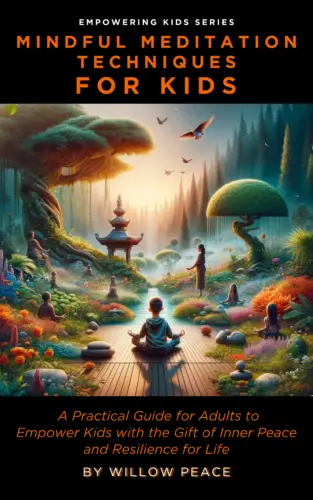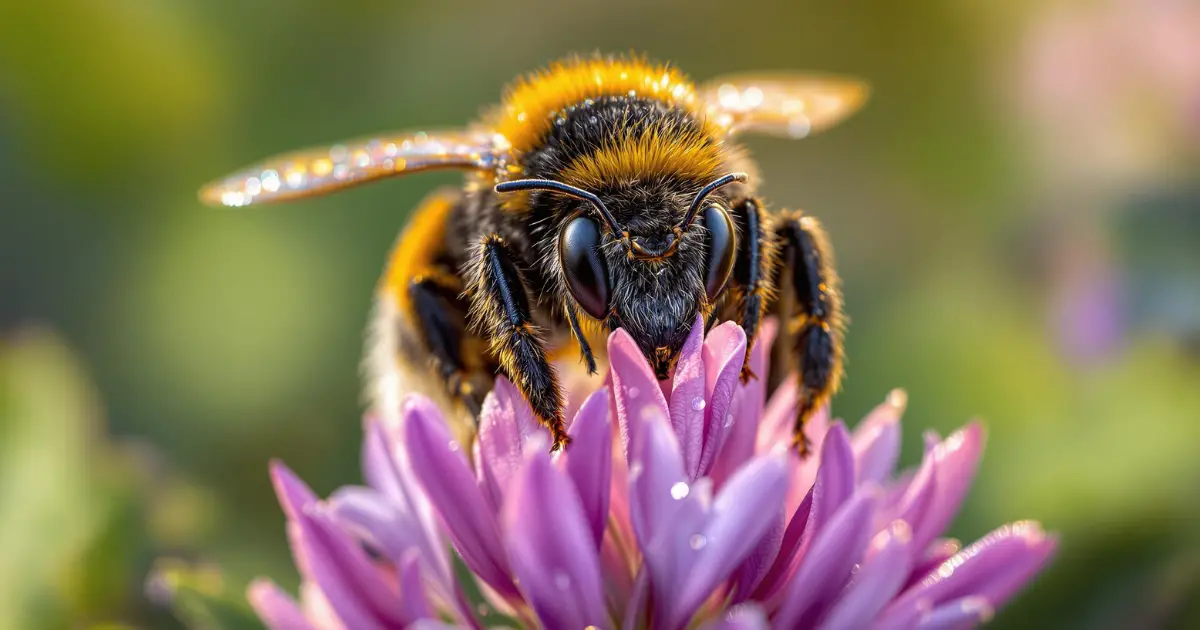November 26th, 2024
Staff Writer for Wake Up World
In the intricate web of life, bees play a pivotal role as pollinators, ensuring the survival of countless plant species and the food systems that depend on them. However, a new study has sounded the alarm on pesticides’ dangers to these vital creatures, particularly ground-nesting bees. As agriculture increasingly leans on pesticides to safeguard crops, the unintended consequences for these essential pollinators are becoming starkly apparent.
The Hidden Perils of Pesticides
Led by Sabrina Rondeau, an NSERC Postdoctoral Fellow at the University of Ottawa, the research highlights a critical oversight in current pesticide safety standards. “Our findings show that over 70% of wild bee species, which are crucial for pollinating our food crops, face significant risks from pesticide residues in soil—a threat current regulations overlook,” says Dr. Rondeau. This revelation underscores the urgent need to reassess how we evaluate pesticide risks, especially for bees that nest in the ground.
Vulnerabilities of Ground-Nesting Bees
The study reveals that current pesticide risk assessments primarily focus on honeybees, neglecting the unique vulnerabilities of wild bees. These bees nest in the soil and are exposed to pesticide residues that can have devastating effects. For instance, bumble bee queens may be attracted to pesticide-contaminated soils, increasing their exposure during critical overwintering periods. This exposure, particularly to pesticides like cyantraniliprole, reduces their survival and reproductive success, potentially impacting future generations.
Dr. Rondeau explains, “We found that larger bumble bee queens, typically more likely to survive winter and establish successful colonies, were paradoxically more vulnerable to pesticide exposure. This could have cascading effects on bumble bee populations.” Such findings highlight the complex interplay between bee biology and pesticide exposure, necessitating a more nuanced approach to pesticide regulation.
The Impact on Squash Bees
The study also sheds light on the plight of squash bees, another ground-nesting species. Exposure to combinations of insecticides and fungicides disrupts their behavior and lowers offspring production, signaling potential population declines. These disruptions not only threaten the bees themselves but also the plants that rely on them for pollination.
“Our work demonstrates that protecting wild pollinators requires a fundamental rethinking of how we assess pesticide safety,” Dr. Rondeau concludes. This call to action is crucial for safeguarding both our food systems and biodiversity.
A Call for Comprehensive Reforms
The research employed a combination of field and laboratory studies, starting with quantifying pesticide residues at suitable hibernation sites for bumble bee queens on Ontario farms. These field exposure estimates informed subsequent studies on the impact of such exposure on hibernating bumble bee queens and the hoary squash bee, a solitary ground-nesting species.
The findings underscore the need for comprehensive reforms in pesticide regulations to protect all pollinator species, particularly those nesting in agricultural soils. As Dr. Rondeau emphasizes, “It’s crucial for safeguarding both our food systems and biodiversity.”
The Path Forward
To protect these vital pollinators, developing pesticide safety standards that consider the unique vulnerabilities of ground-nesting bees is imperative. This includes revising risk assessments for a broader range of bee species and their specific ecological contexts. By doing so, we can create a more sustainable agricultural system that supports crop production and the health of our ecosystems.
In conclusion, Dr. Rondeau’s study serves as a wake-up call to the agricultural industry and policymakers. The survival of our pollinators—and, by extension, our food systems and biodiversity—depends on our ability to adapt and reform our practices. As we move forward, let us heed this warning and work towards a future where agriculture and nature can thrive in harmony.
Journal Reference:
- Sabrina Rondeau. Digging below the surface: Hidden risks for ground-nesting bees. Science, 2024; 386 (6723): 739 DOI: 10.1126/science.adt8998
About the author
John Patterson is an avid writer and researcher who delves into the latest scientific research. With an insatiable curiosity, he translates complex concepts into accessible narratives, allowing readers to embark on a journey of discovery. John bridges the gap between experts and the public through his work, igniting curiosity and inspiring meaningful conversations about scientific breakthroughs.
If You Could Align Your Work with Your Purpose—Would You?
Most people think they must choose between meaning and money—but what if you didn’t?
How open-minded would you be about a business that pays you well—without selling your soul to the system?
This isn’t just another online opportunity. It’s a plug-and-play system that lets you:
- Earn high-ticket commissions (57%+)—without the tech headaches
- Have your first $100K in sales closed for you by our expert team
- Build wealth in a way that aligns with your values, not against them
Most people will ignore this and stay stuck. But you? You’re not like most people!
Click here to watch the free masterclass now.
 If you’ve found value in our articles, we’d greatly appreciate your support by purchasing Mindful Meditation Techniques for Kids—A Practical Guide for Adults to Empower Kids with the Gift of Inner Peace and Resilience for Life.
If you’ve found value in our articles, we’d greatly appreciate your support by purchasing Mindful Meditation Techniques for Kids—A Practical Guide for Adults to Empower Kids with the Gift of Inner Peace and Resilience for Life.
In the spirit of mindfulness, we encourage you to choose the paperback version. Delve into its pages away from screen glare and notifications, allowing yourself to fully immerse in the transformative practices within. The physical book enriches the learning process and serves as a tangible commitment to mindfulness, easily shared among family and friends.
Over the past few years, Wake Up World has faced significant online censorship, impacting our financial ability to stay online. Instead of soliciting donations, we’re exploring win-win solutions with our readers to remain financially viable. Moving into book publishing, we hope to secure ongoing funds to continue our mission. With over 8,500 articles published in the past 13 years, we are committed to keeping our content free and accessible to everyone without resorting to a paywall.








